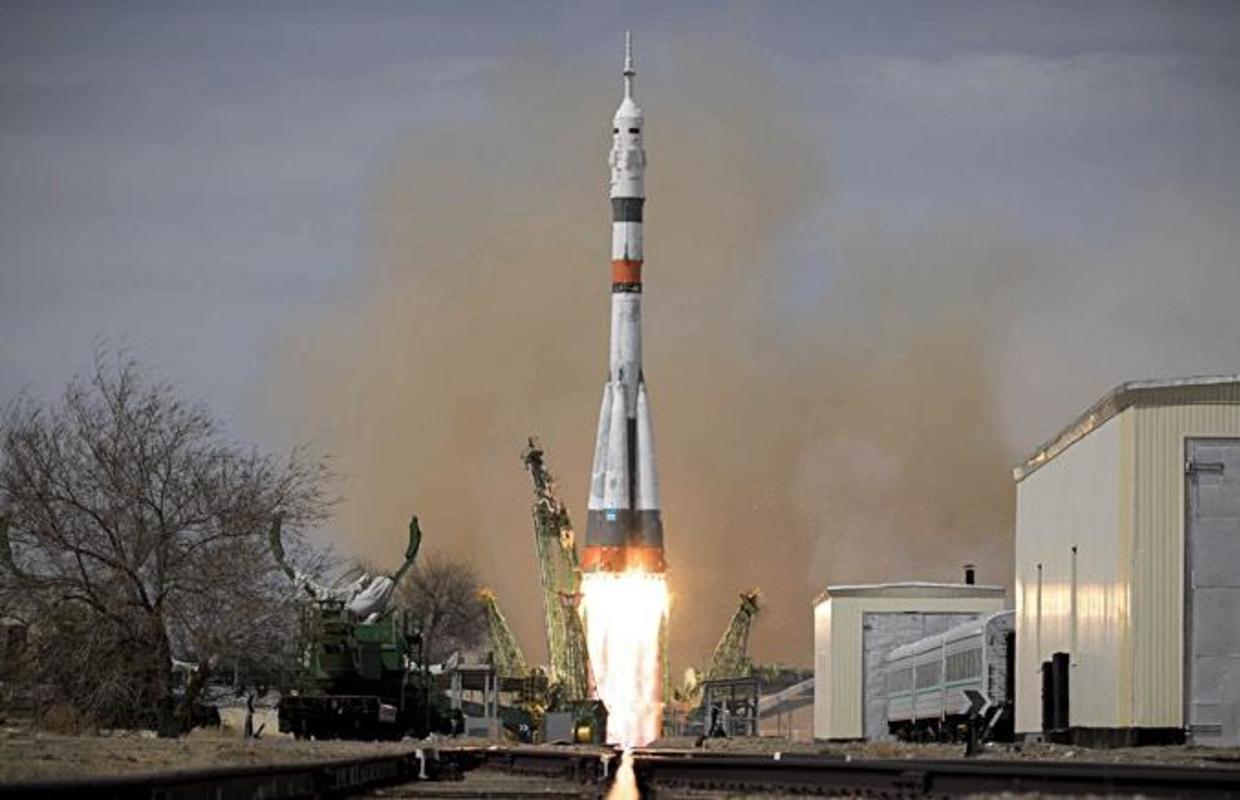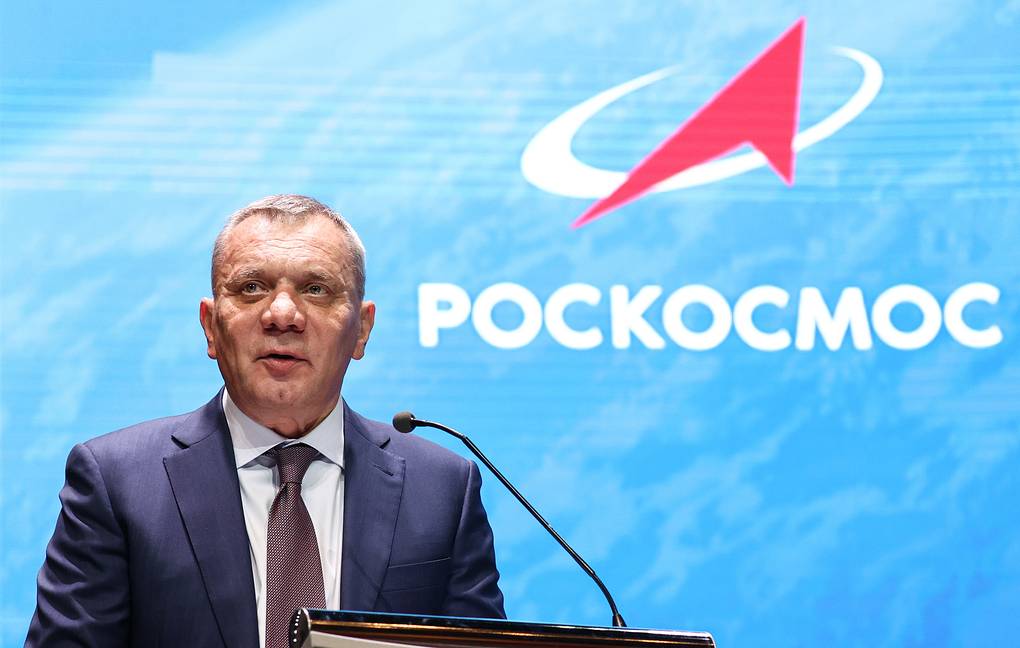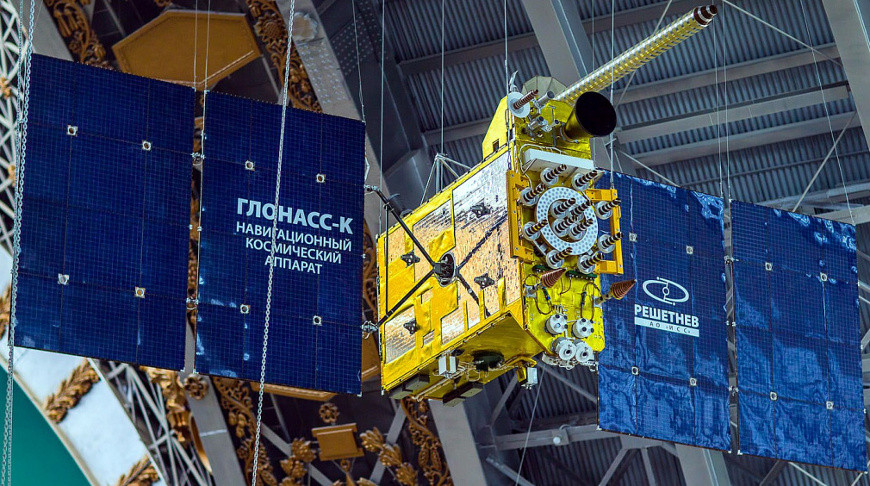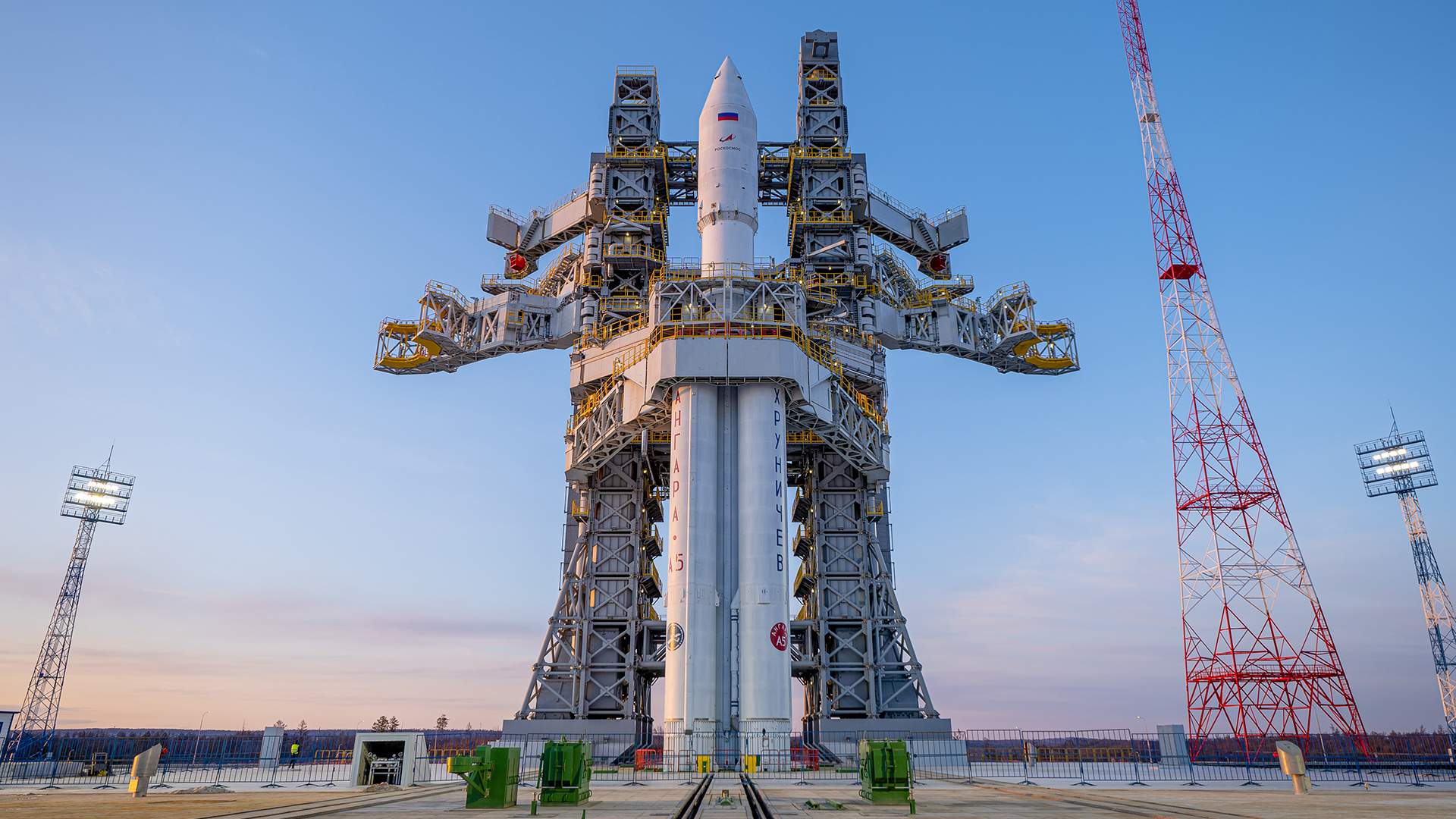
Competition and Coronavirus Batter Russia’s Space Program
Competition and Coronavirus Batter Russia’s Space Program
Among the Russian Federation’s most important industrial enterprises with Soviet antecedents, its space program evokes both national pride and the aura of profitability. A series of recent setbacks however, among them COVID-19 infections of key personnel and growing international competition, threaten the future of Roscosmos, Russia’s state-run space agency. As a result, on April 10, a day after a successful Roscosmos launch from Kazakhstan’s Baikonur Cosmodrome to the International Space Station (ISS), Russian President Vladimir Putin convened the leadership of Russia’s space program for a video conference progress report. After labeling the space sector one of “the most vital sectors of the national economy,” Putin asked his subordinates to detail their “planning to arrange the work of the entire industry in the medium and longer term, bearing in mind the need to revive it to full capacity” (Kremlin.ru, April 10).
While Roscosmos Director Dmitri Rogozin emphasized his organization’s accomplishments, the previous day’s launch underlined a future competitive shortcoming: namely, the Roscosmos Soyuz-2.1a used for the launch was a Russian single-use space rocket. Imminently threatening Roscosmos’ transport monopoly to the ISS is the United States aerospace company Space Exploration Technologies Corp. (SpaceX), which has developed reusable booster rockets. As such, Rogozin told Putin, “In order to expand our presence on international markets, we are currently working on cutting our launch service rates by over 30 percent by reducing our non-operating expenses and increasing the company’s operating efficiency. The pricing schedule we proposed is essentially our response to the dumping by the American companies that are funded by the US budget. If a launch by, for example, SpaceX has a market price of around $60 million, NASA [the National Aeronautics and Space Administration] pays 50 to 300 percent more for the same service” (Roscosmos.ru, April 10).
As with many large organizations the world over, COVID-19 has also claimed its first victims at Roscosmos. On April 17, Deputy General Director Oleg Frolov announced the state corporation’s first few casualties, telling reporters, “Two specialists—62 and 68 years old—died in hospitals; another company employee, who was on the list with suspected coronavirus, died due to bilateral pneumonia, at the age of 58.” The trio all worked in the Moscow region. Potentially worse news was yet to come: Frolov added, “As of April 17, 2020, the total number of space industry workers infected with the new COVID-19 coronavirus infection reached 42” (TASS, April 17).
A public relations coronavirus disaster may be waiting in the wings for Roscosmos. On April 9, Evgenii Mikrin, the general designer of Roscosmos subsidiary RSC Energia, which built the Soyuz spacecraft launched that day, shared a three-hour flight to Baikonur as a member of the State Commission to prepare the crew for the flight. Also aboard the same government plane was Roscosmos Director Rogozin, who subsequently spoke directly with the cosmonauts prior to their launch, with pictures showing him neither wearing a viral mask nor observing social distancing (Moskovsky Komsomolets, April 17).
After subsequently twice testing positive for COVID-19, Mikrin was put in self-isolation at home in Moscow. When asked about the incident, RSC Energia media representative Irina Gomenyuk replied brusquely, “Our comment is solely that we do not remark upon the personal data of employees, as this is confidential medical information. Furthermore, we are doing everything that is necessary to halt the proliferation of the virus in our corporation” (RBK, April 15).
A coronavirus case has also now been confirmed at Star City, near Moscow, where the Russian Cosmonaut Training Center is located and where this month’s ISS crew had prepared for their launch (RIA Novosti, April 16).
Another issue undermining Roscosmos’ public image that its management eventually will have to address is quality control. On April 10, the Russian media carried reports that three Proton-M rockets had to be returned from Baikonur to their manufacturer, Khrunichev State Research and Production Space Center, in Moscow, for partial disassembly to replace bolts manufactured in 2015–2016 that were overheated and damaged during production (RIA Novosti, April 10). The defective components were identified in March by a new Roscosmos quality control system. Speaking on condition of confidentiality, a source told a Gazeta.ru journalist that the faults were detected during the testing of a rocket’s second stage and were determined to affect more than a thousand bolts in the rocket’s fuel system (Gazeta.ru, April 10).
Even as the Russian space program still relies upon Baikonur as its primary launch site, Roscosmos is determined to lessen its dependence upon the resources of other post-Soviet states. Russia has been developing a domestic cosmodrome in Vostochny, in the Far East (see EDM, November 18, 2019). And the April 9 flight was notably the first cosmonaut orbital mission of the Soyuz-2-1a rocket variant, following years of preparations and flight tests. It marked the transition of Russia’s piloted space program from the earlier Soyuz-FG variant, which utilized a flight control system developed at NT SKB Polisvit and manufactured at GNPP Kommunar Association, both located in Kharkiv, Ukraine (Krasnaia Vesna, February 28, 2020; Korrespondent.net, April 5).
Rogozin’s day of reckoning will occur on May 27, when a SpaceX Falcon 9 rocket launches from the Kennedy Space Center, in Cape Canaveral, carrying NASA astronauts Doug Hurley and Bob Behnken aboard a SpaceX Crew Dragon capsule to the ISS (Nasa.gov, accessed April 28). Whether Roscosmos can regain its ISS transit monopoly via improved hygiene, better quality control measures and heavy discounts against a brash private-sector US upstart remains to be seen.


